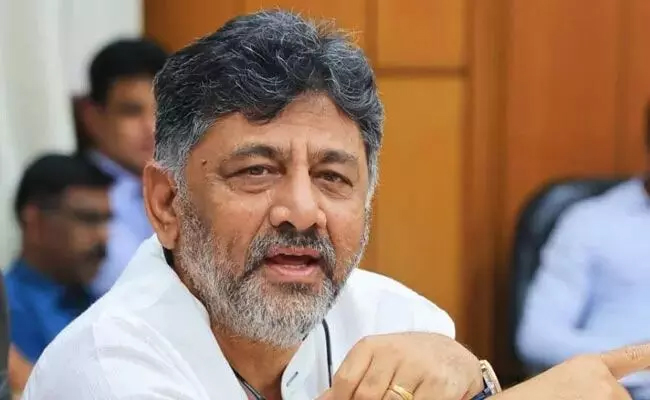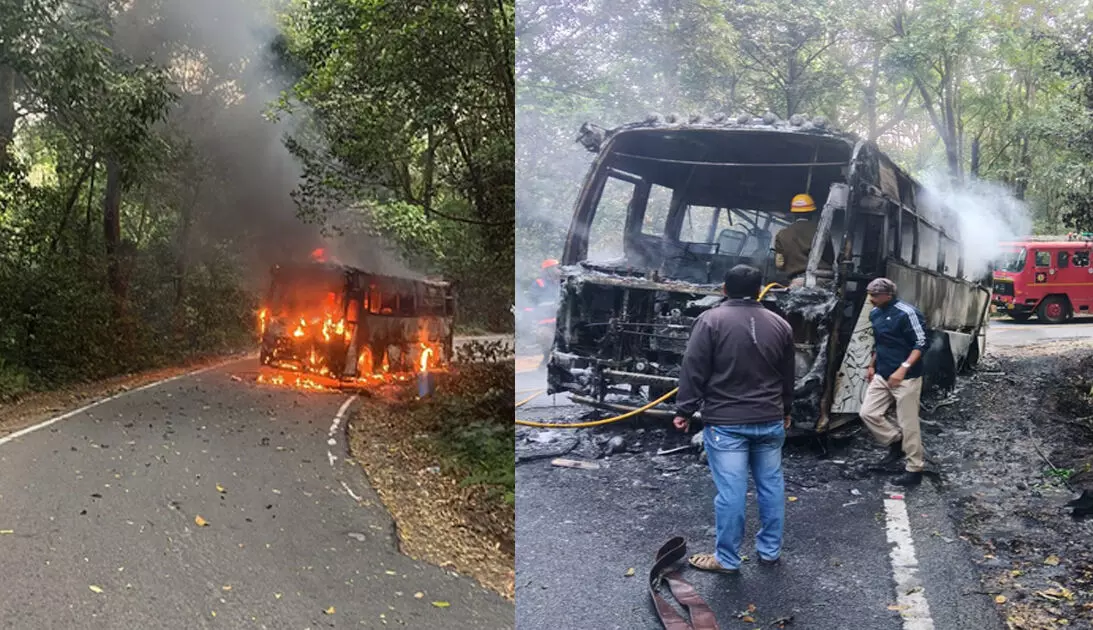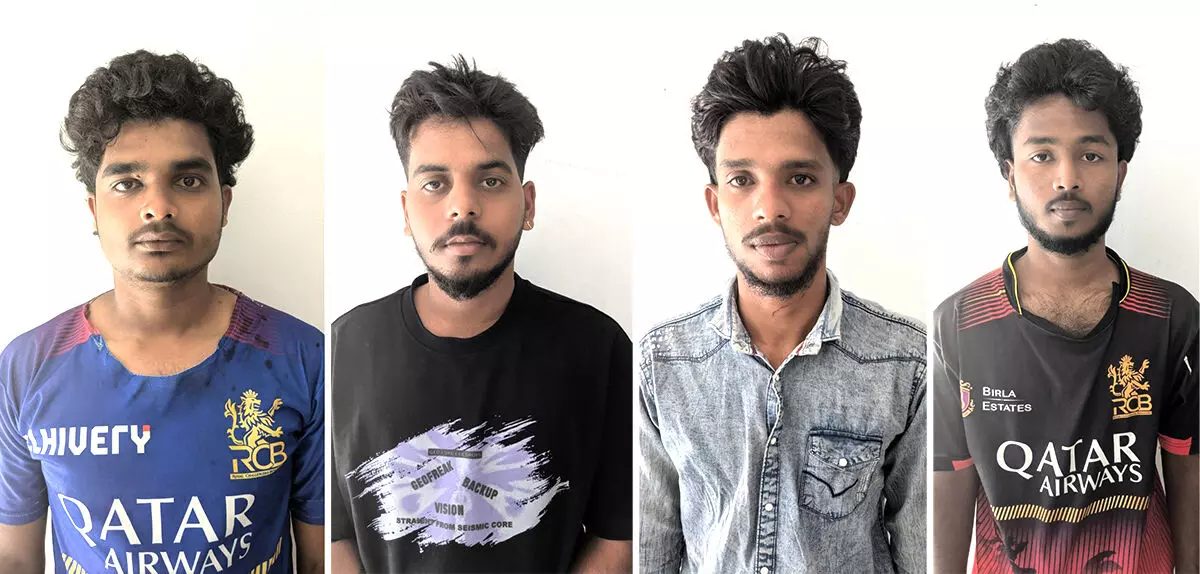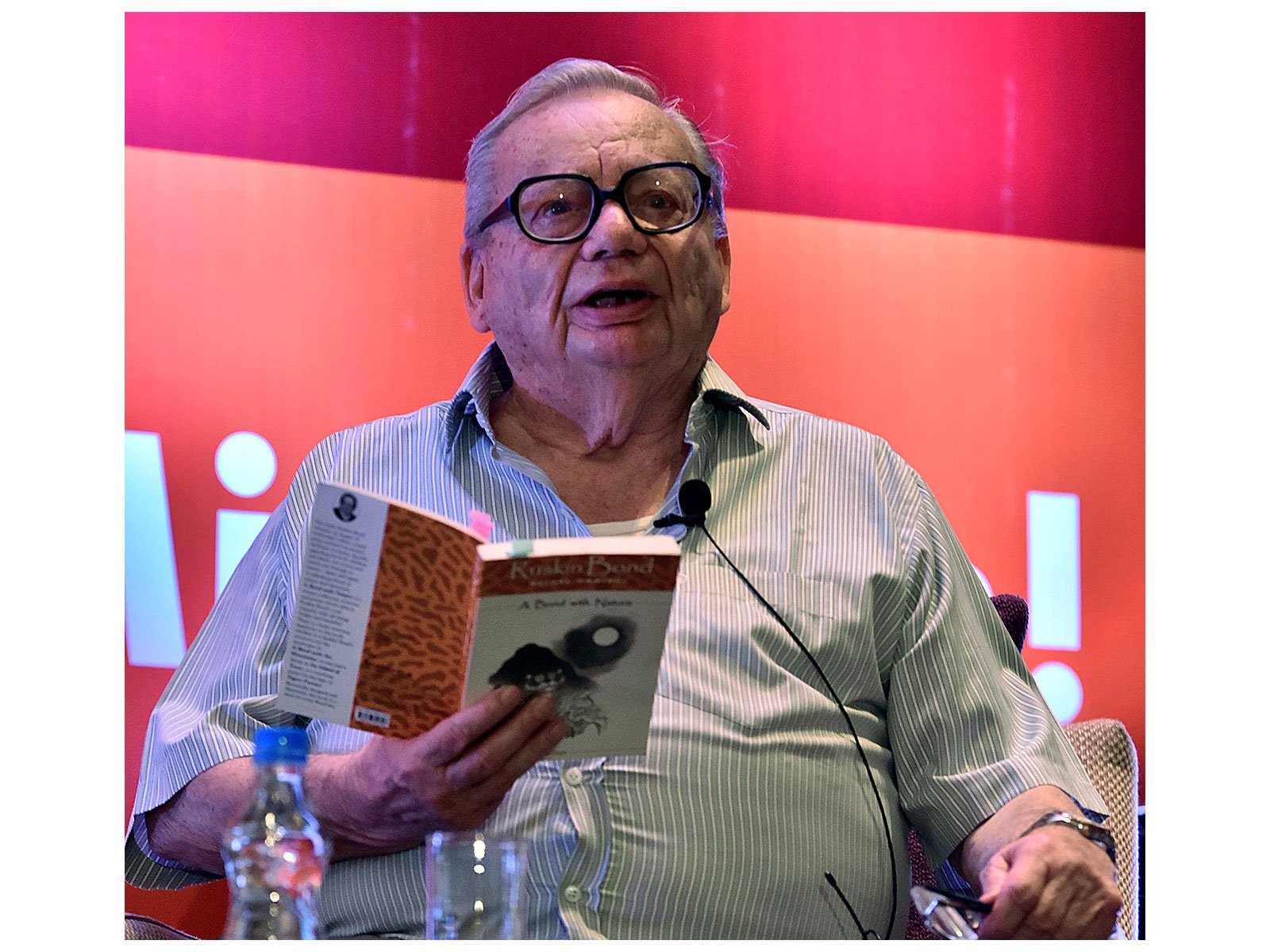Bengaluru: Kannadigas living overseas are seeking the right to vote through postal ballots or polling booths at their respective embassies, ahead of the upcoming Karnataka Assembly elections. Approximately five lakh non-resident Indians (NRIs) from Karnataka are mostly unable to exercise their franchise as they are unable to travel to their hometowns to cast their votes.
This time, Kannadigas residing in countries such as Italy, England, Saudi Arabia, and the UAE, among others, have approached the Election Commission of India and their respective embassy or Consulate General of India’s (CGI) offices seeking permission to vote through postal ballots or booths at their embassies.
ASLO READ: BJP promises to implement uniform civil code in poll-bound Karnataka
The Sagarottara Kannadigaru association, registered in the UK to represent overseas Kannadigas worldwide, has filed a public interest litigation in the Karnataka high court, where a hearing is scheduled for May 2. Ravi Mahadev, the association's joint secretary, told the Times of India that he came to Mysuru to vote on May 10. He stated that the cost of visiting India for elections is high, and neither the ECI nor the government encourages NRIs to vote. Although there is a provision to register as an overseas Kannadiga in Form-6A, it does not provide postal voting or booths in the countries where NRIs work.
Association president Chandrashekhar Lingadalli, who has come to Banahatti, his hometown in Bagalkot, from Dubai, said non-resident Kannadigas have started a campaign to submit memorandums to their respective embassies. The number of eligible NRI Kannadigas are of three types - working, dependents, and students. When countries like Algeria, the Philippines, Italy, and Romania allow their citizens to vote by setting up polling booths at their embassies, why is it not possible for about 60 lakh NRIs, he asked.
Hemegowda Rudrappa has submitted a memorandum to CGI in Italy, while Ravi Mahadeva has submitted a memorandum to the chief electoral officer, Karnataka, in Bengaluru. The campaign highlights the difficulties faced by NRIs in travelling to India to vote, particularly during a pandemic. They argue that the establishment of postal voting or polling booths at embassies is a practical solution that will allow NRIs to exercise their democratic rights without having to incur significant costs.
Let the Truth be known. If you read VB and like VB, please be a VB Supporter and Help us deliver the Truth to one and all.
New Delhi/Bengaluru (PTI): Karnataka Deputy Chief Minister D K Shivakumar on Monday said he will ask for time from Delhi police to appear before them next week, to provide required information as part of the probe into the National Herald case.
He said he will seek time after the ongoing winter session of Karnataka legislature ends on December 19. He will also ask the Delhi police to provide him the FIR copy.
Shivakumar, who is in the national capital, had earlier said that he will appear before the Delhi police on Monday. But, he postponed the plan in order to rush back to Karnataka to participate in the last rites of veteran Congress leader Shamanuru Shivashankarappa, scheduled later in the day in Davangere.
"I had to go (to appear before the Delhi police), but I have to go back urgently. I'm asking them for time, stating that I will come next week," Shivakumar told reporters in New Delhi.
"They (Delhi police) have not attached the FIR copy while issuing notice to me. I need FIR copy, because we had already given all the required replies to the ED. I don't know what the FIR says, I only read in papers. They have given notice, I will ask for a FIR copy. I will come next week after the Assembly session."
The Delhi Police had issued a notice to Shivakumar, who is also the Karnataka Congress chief, seeking financial and transactional details as part of its probe into the National Herald case.
The notice issued by the Economic Offences Wing (EOW) states that Shivakumar is "supposed to be having vital information" pertaining to the National Herald case registered on October 3 this year, against top Congress leaders Sonia Gandhi and Rahul Gandhi.
In the notice dated November 29, the EOW had asked Shivakumar to appear before it or provide the requested information by December 19 latest.
Investigators have sought details about his personal background, his association with the Congress party, and a complete break up of funds allegedly transferred by him or associated entities to Young Indian.
To a question on meeting AICC General Secretaries K C Venugopal and Randeep Singh Surjewala, amid the ongoing power tussle between him and CM Siddaramaiah over the Chief Minister post, Shivakumar said when he comes to Delhi, he usually meets every one.
"Whether it is Surjewala or Kharge (AICC President Mallikarjun Kharge) or Venugopal, I will meet everyone. During lunch yesterday I met Rahul Gandhi and Sonia Gandhi. I have met everyone. What's wrong?" he asked.
Shivakumar was in Delhi to take part in Congress' "Vote Chori" rally on Sunday, and had also participated in the lunch organised by the party for its leaders.
Responding to a question, whether any meeting is planned with leaders today, the Deputy CM said, he and Kharge will be travelling together to Karnataka, to pay last respects to Shamanuru Shivashankarappa.
Asked if he will seek time for a separate meeting with Congress leadership including Rahul Gandhi, during the next visit to Delhi, Sivakumar said, "such things will be there between us in the party.... you don't worry."





